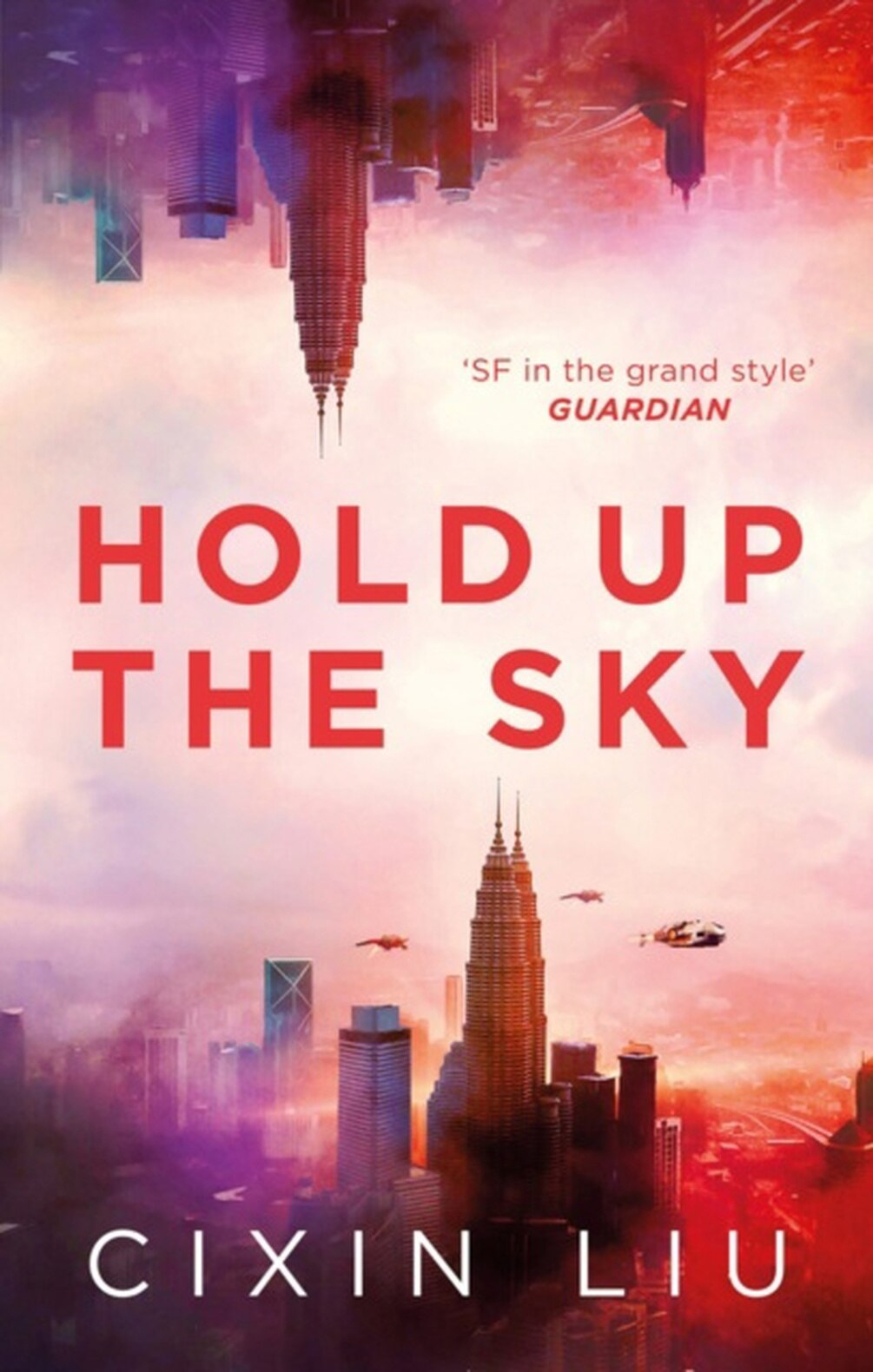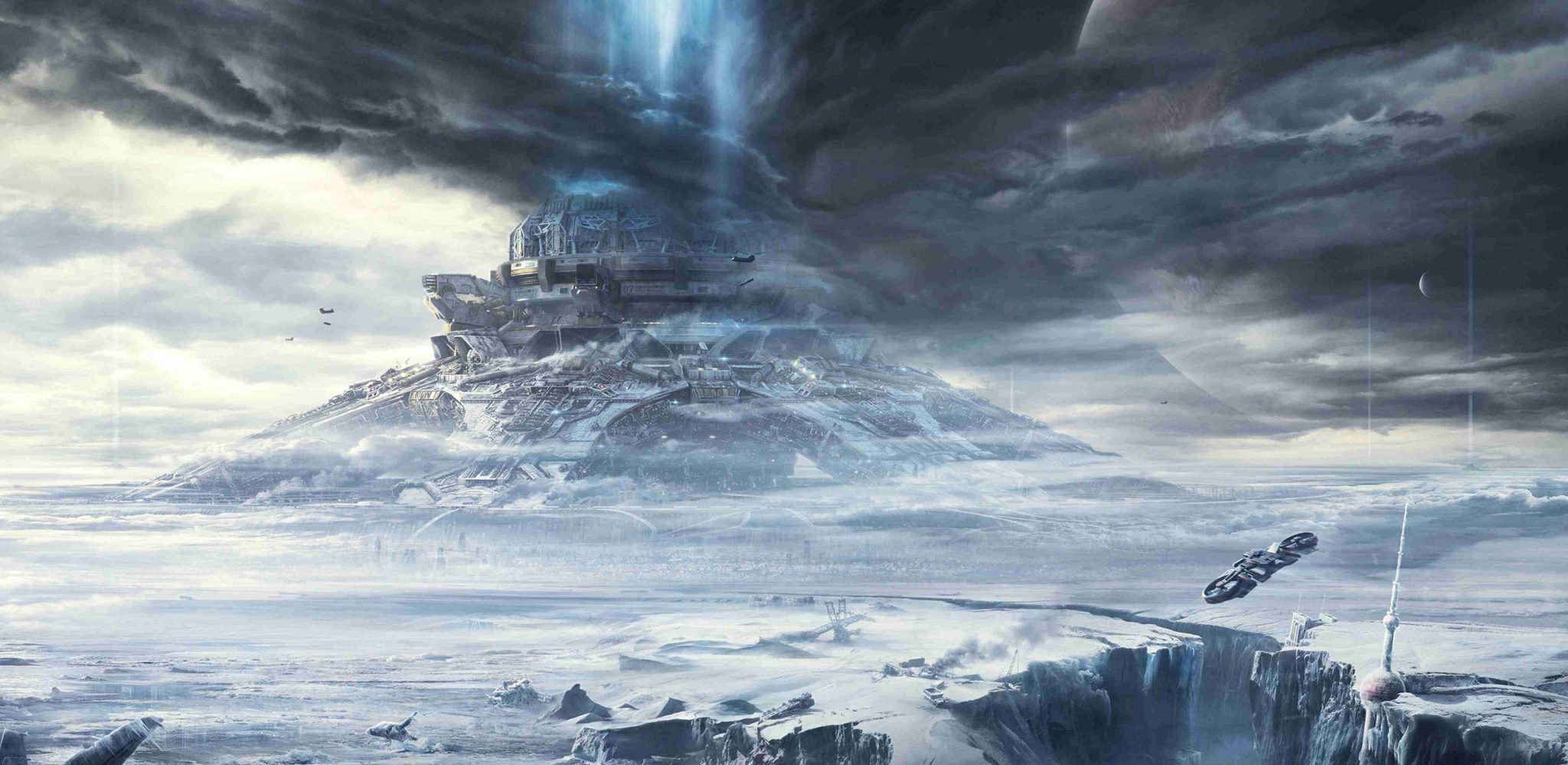Whether it’s the exact way a star collapses after having a black hole shot through, or stemming an underground coal-seam fire with liquid cement, in Hold Up the Sky, Liu is dazzlingly plausible
The human story only really has two endings (if you ignore the one about living happily ever after). In one, everybody dies. In the other, the universe ends. Cixin Liu’s science fiction is stoic in that way, since these are the inexorable endpoints of his take on humanity’s relationship to science, technology and the cosmos.
Hold Up the Sky collects the first English translations of 11 short stories mostly written during the 2000s, and it affirms Liu as the nerdish, physics-, cosmology- and engineering- obsessed writer who has won many fans among those fond of the ‘hard sf’ genre. Whether it’s the exact way a star collapses after having a black hole shot into it, or the detail of how to contain an underground coal-seam fire with liquid cement, or how much matter it takes to store every permutation of Classical Chinese poetry in atomic-scale computer memory, Liu is dazzlingly plausible.

But that plausibility is only the armature for stories that aspire to the philosophical grandeur of writers like Isaac Asimov (one of Liu’s heroes). Here, human lives are tiny in the face of cosmic space and time. Liu’s stories often start out in present-day China – a dying provincial school teacher teaches his students Newton’s laws, not realising that his charges will be taken as proof of earthly civilisation, saving the planet from world-culling extraterrestrials; an anti-corruption official discovers that a superstring computer can make all history (and all crimes) transparent – and in one sense, his science fiction is Chinese in its outlook, though not because of its local particularities. Ironically, it’s because it’s now China that still espouses such an (old-fashioned) view of human progress that Liu’s work reads as contemporary and as classic (that’s to say ‘Western’) space opera. Compared to, say, the ecologism of Ursula K. Le Guin or the futurised cultural relativism of Iain M. Banks, Liu’s universe is very un-Western in its optimism about humanity’s identity and future among the stars. And in the face of final futility, it’s art that gives meaning to things – the three most whimsical stories here are of alien entities who come to Earth to play music, or sculpt, or write poetry – even if, occasionally, this results in disaster and the death of millions. This is only fiction, after all.
Cixin Liu, Hold Up the Sky, 2020, is published by Head of Zeus
